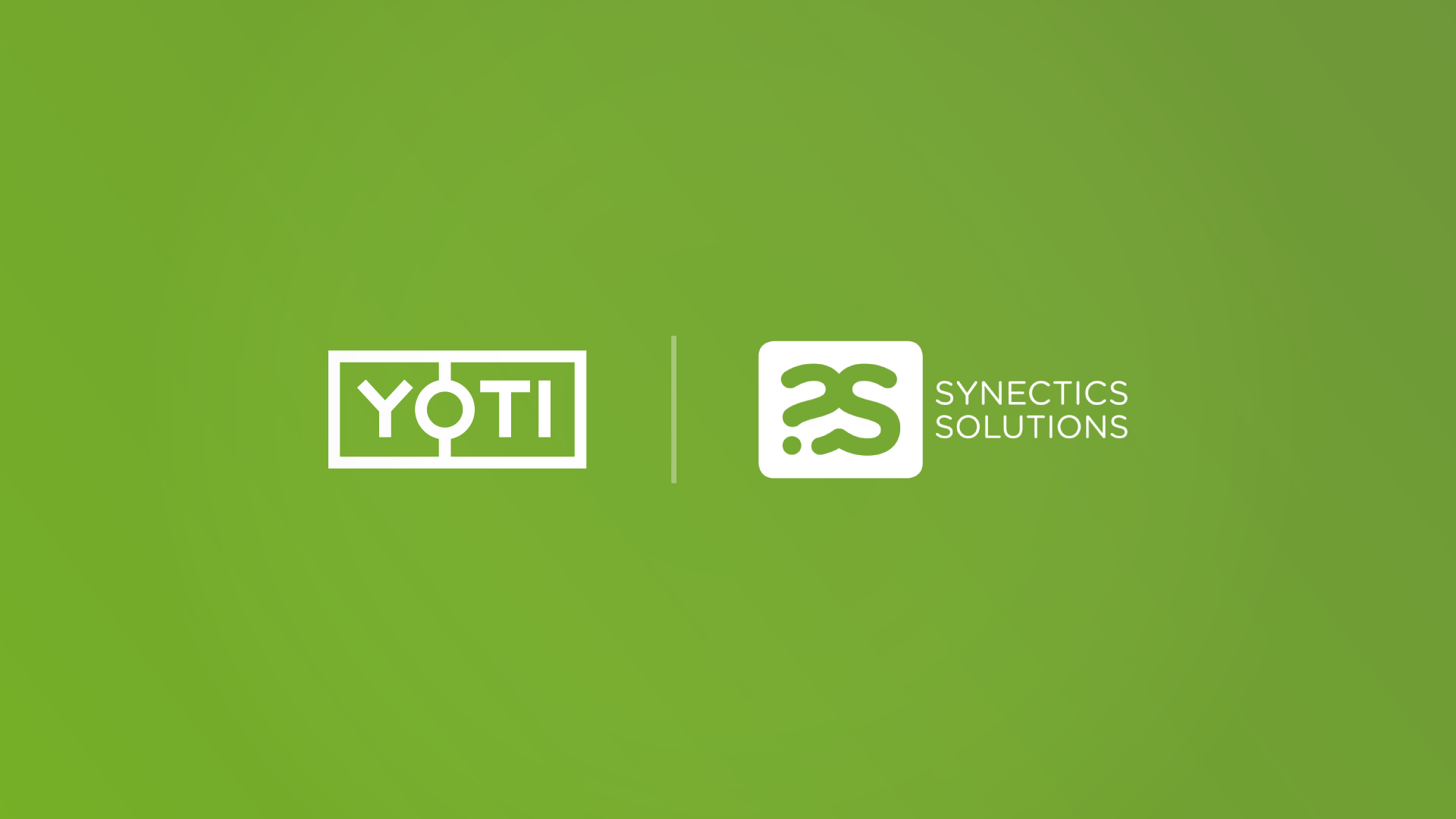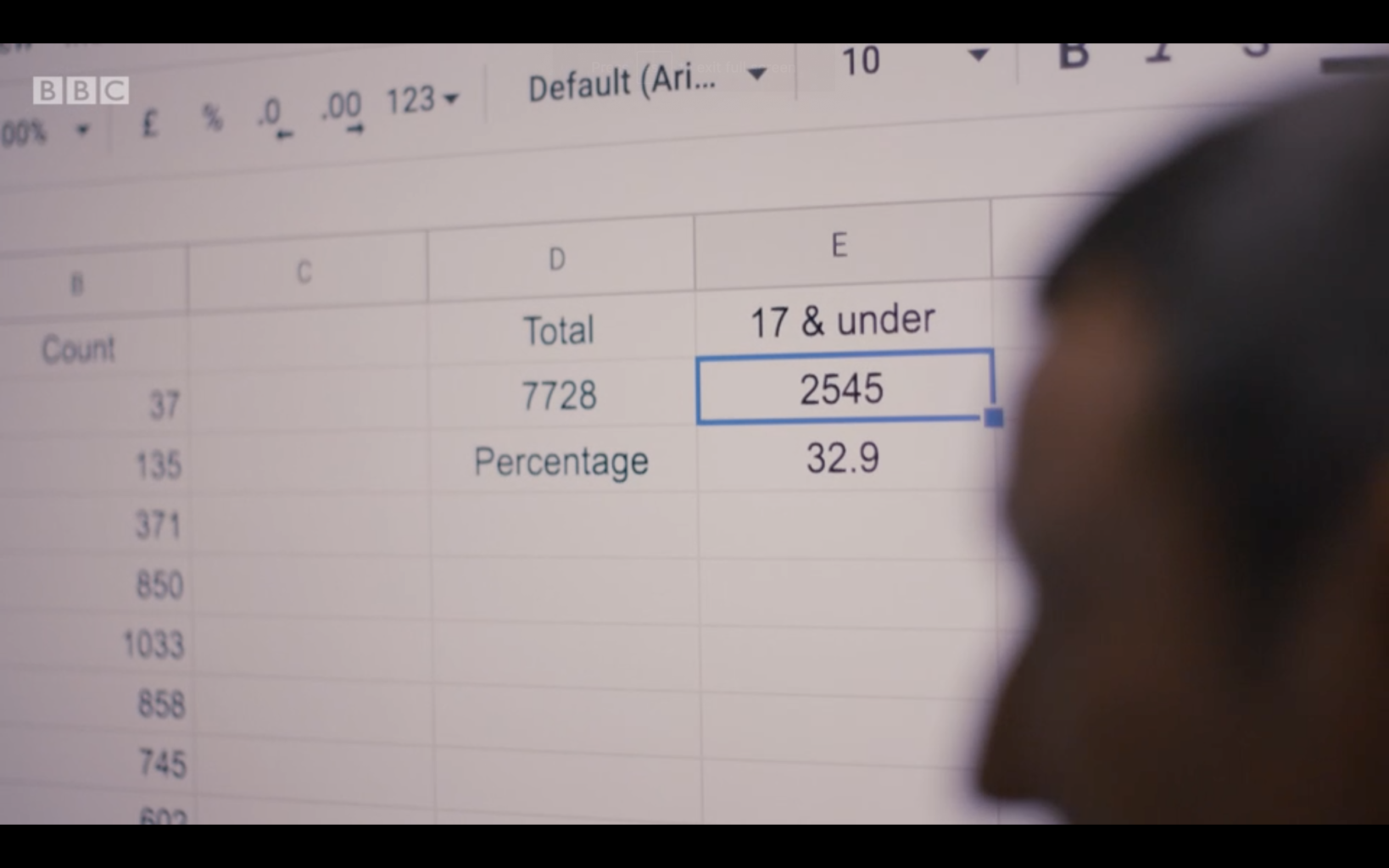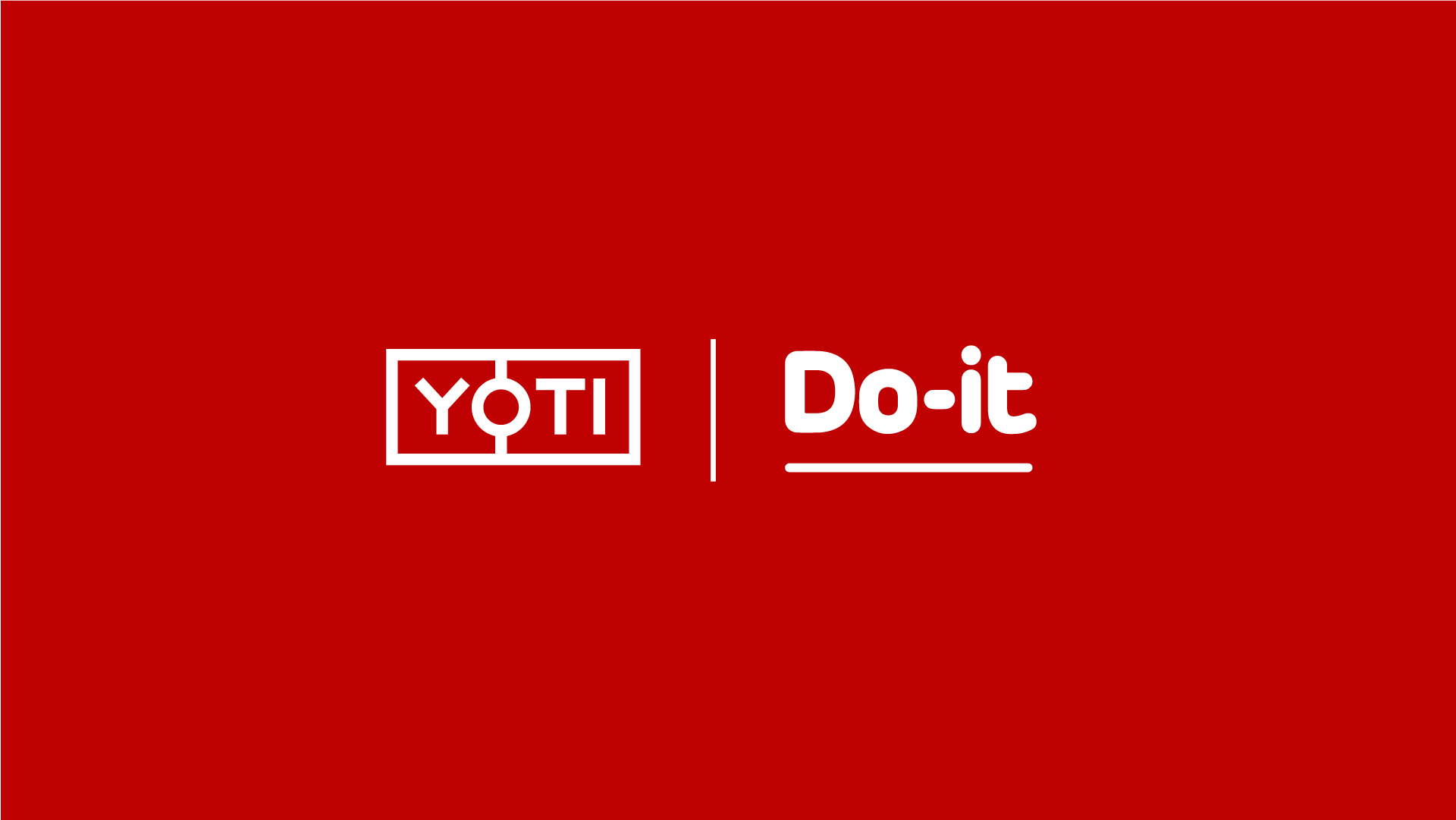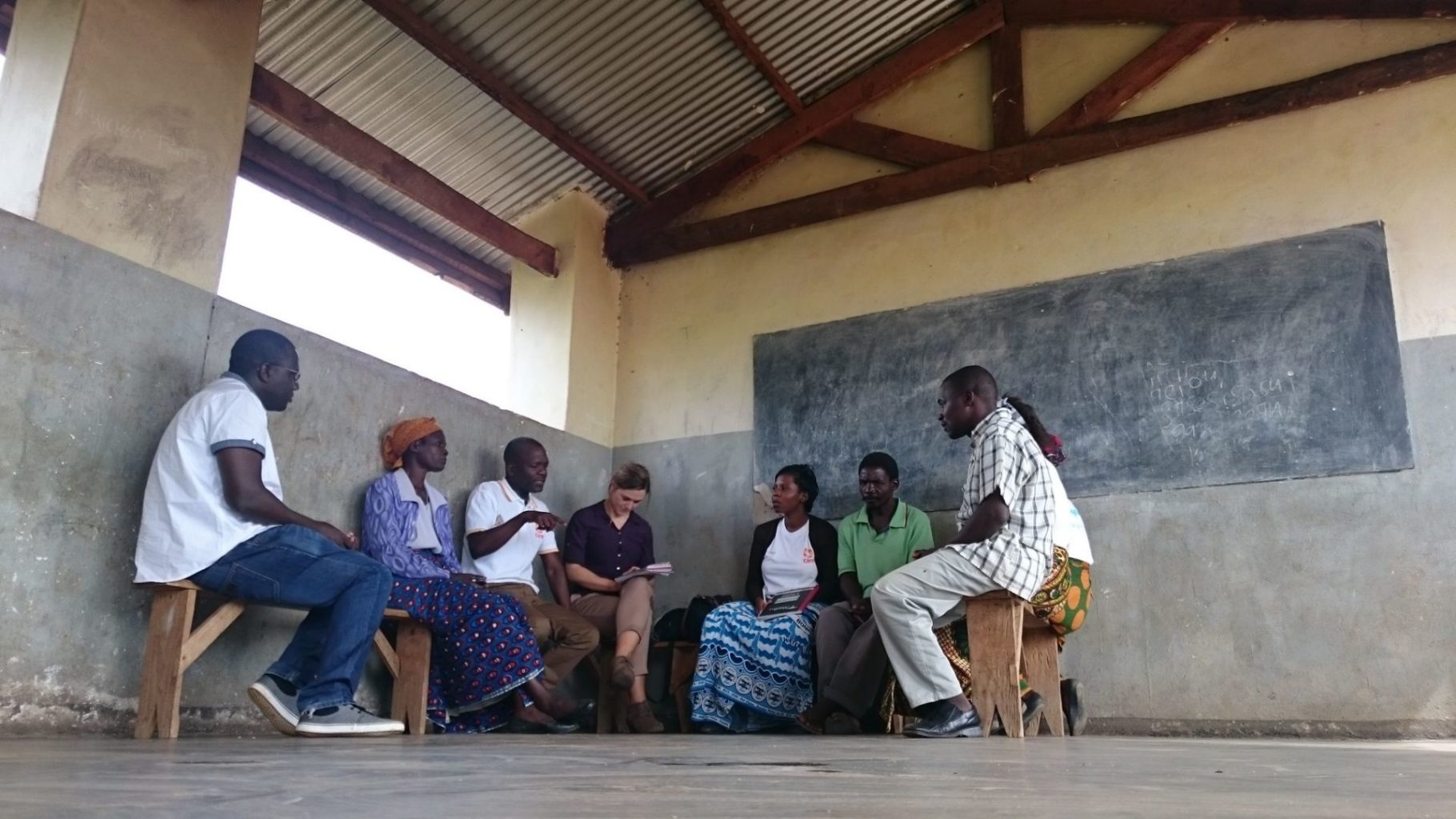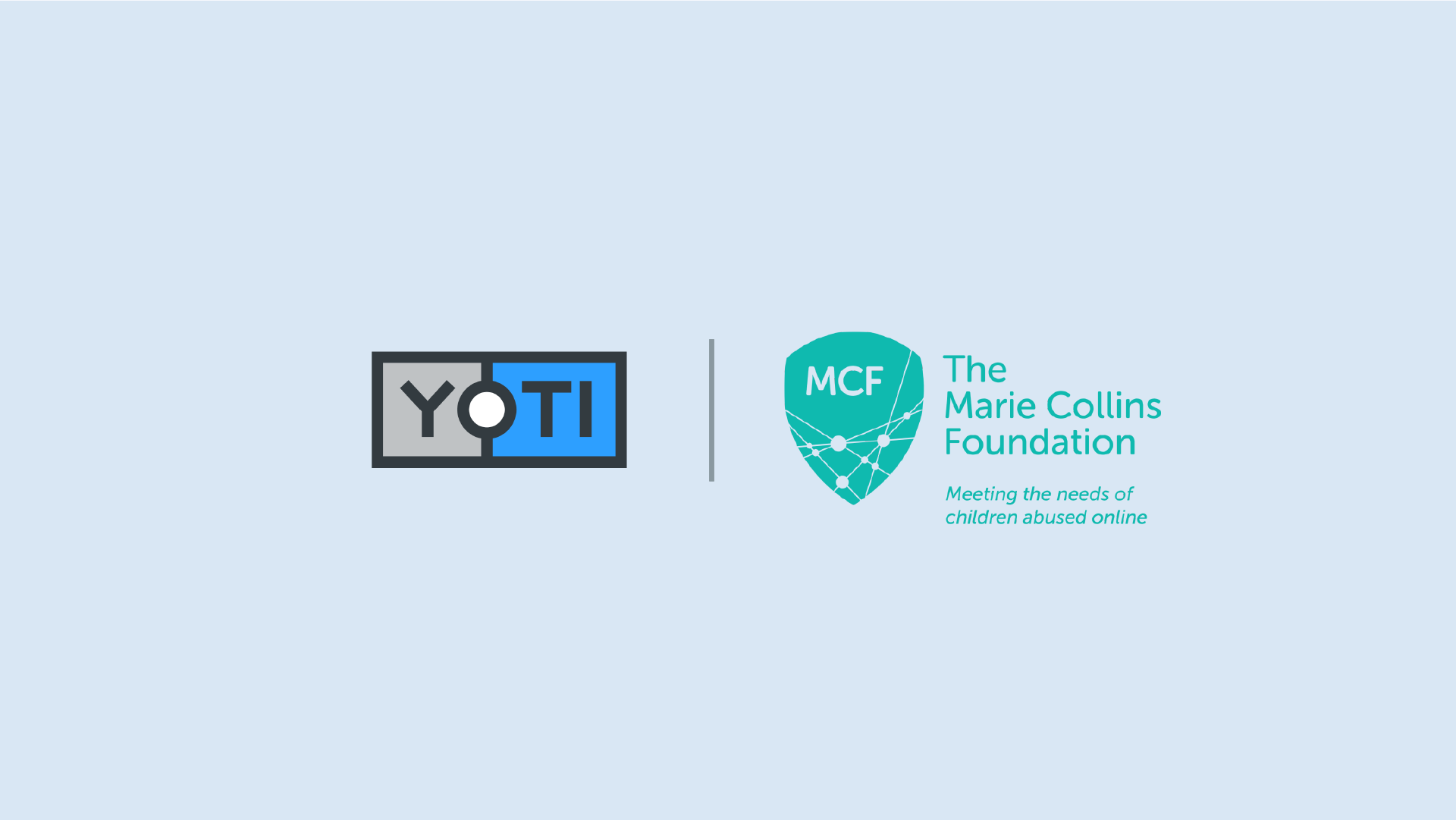Project Endeavour: our breakthrough eKYC risk assessment solution
We’ve joined forces with Synectics Solutions to deliver a groundbreaking anti-fraud solution for financial services that provides a comprehensive eKYC risk assessment at the touch of a button. Project Endeavour is our partnership pilot which combines our best-in-class digital identity technology with anti-fraud and AML risk screening data services from Synectics Solutions. Synectics Solutions is a recognised leader in the provision of fraud and financial crime risk analysis, and has been working with global financial institutions and data analysis organisations for over 27 years. Our shared tool is designed to enable customers to onboard instantly with a financial institution using their
#Nudes4Sale: supporting the BBC’s expose of underage porn with our anonymous age estimation technology
A few months ago, Yoti was approached by the BBC to support their investigation into a growing trend on social media called #Nudes4Sale, a phenomenon that sees thousands of adults and teenagers making money from selling their own nude photos and videos. We helped them check the ages of the people sharing content on social media platforms with our anonymous age estimation solution, Yoti Age Scan. And the results were shocking. The full documentary is on the BBC iPlayer. You can find us at 13-17 minutes during which the BBC journalist runs profile pictures through our age estimation portal, and
Supporting volunteering platform Do IT with free identity verification technology during the coronavirus crisis
As part of our pledge to help organisations fighting the coronavirus crisis, we are delighted to be supporting Do IT’s volunteering platform with our digital identity technology. Do IT is the UK’s digital home for volunteering, matching people with good causes for 20 years. They are currently supporting the government’s drive for volunteers during the Covid-19 pandemic. With Do IT, you can find volunteering opportunities near you, save the opportunities you’re interested in and track those you apply for. You can also select your preferences and be matched with suitable opportunities as they come in. For individuals who want
Pledging our digital identity verification services free to organisations tackling the Covid-19 crisis
Updated Friday 27th March 2020: Read more about how we can help organisations involved in the global fight against the Covid-19 pandemic here. At Yoti, we have spent six years building a secure identity platform that makes it simpler and safer to prove who we are in our modern, digital world. We have always offered our digital identity app free to eligible charities and nonprofits, and for the next three months, we will be extending this commitment to any public health organisation, emergency service and community initiative tackling the Covid-19 crisis. We want to help organisations under immense pressure to
Welcoming three more partners to our Humanitarian Tech Support Programme
Last month, we proudly announced the launch of our Humanitarian Tech Support Programme, a new initiative designed to support tech-focused startups focusing on global humanitarian problems. Using our unique blend of global development and digital identity experience, we have already started helping Lanterne in their mission to deliver a trusted, secure alert system to humanitarian fieldworkers in Afghanistan (over the last decade, more than 3,000 humanitarian workers were killed, injured or kidnapped in conflict zones around the world.) Today we are pleased to announce details of a further three Programme Partners. People in Need People in Need helps people
Safer Internet Day with the Marie Collins Foundation
‘Free to be me’ was the theme for this year’s Safer Internet Day, which was marked by new research from the UK Safe Internet Centre that found young people’s online experiences are an essential part of who they are offline. The freedom that young people enjoy online is found to be building an informed and inspired generation, but it is also making them vulnerable to an unprecedented level of online grooming and sexual abuse. The internet has largely escaped regulation through fear that restricting access to information is censorship, but as more and more of our lives are lived out

